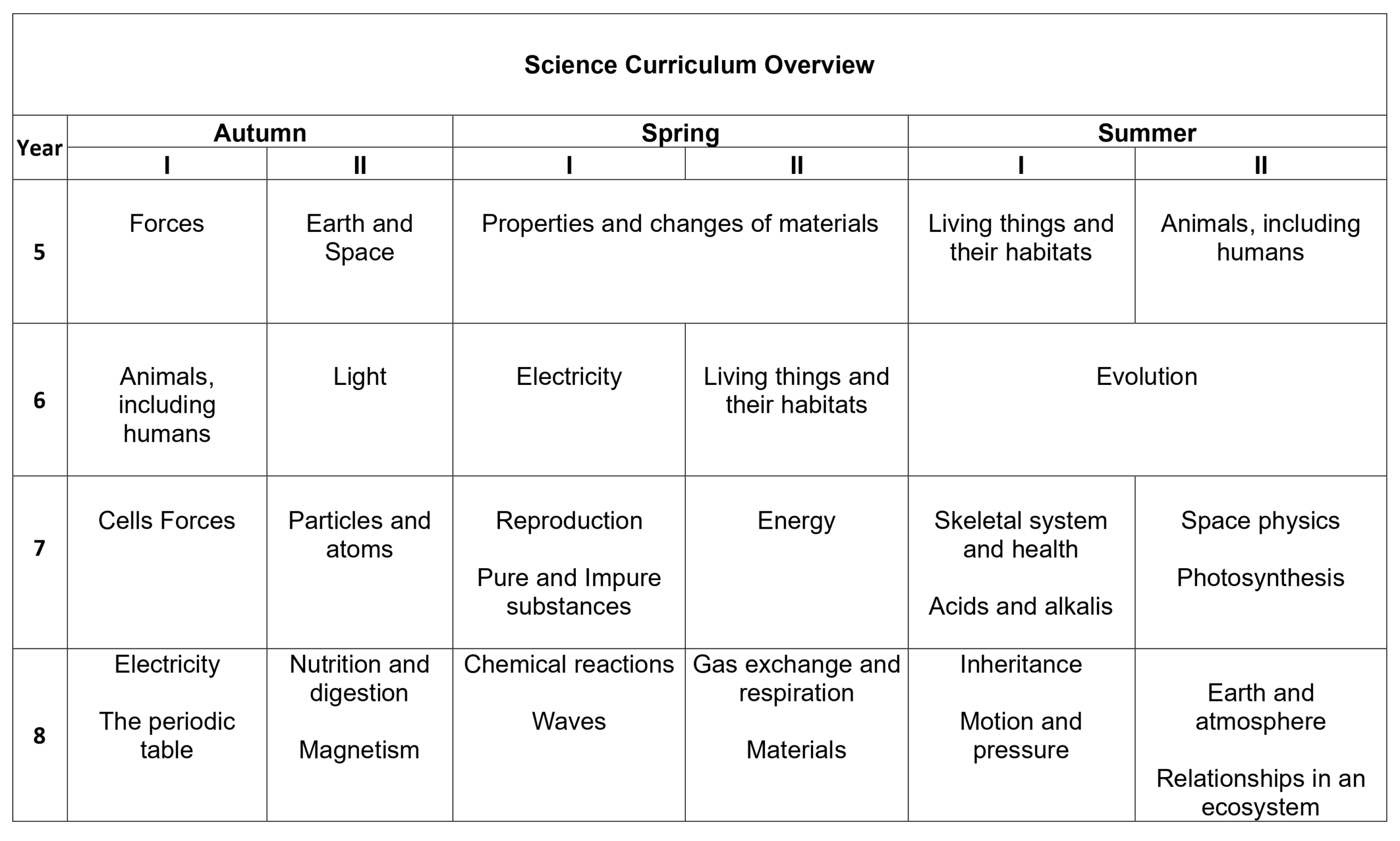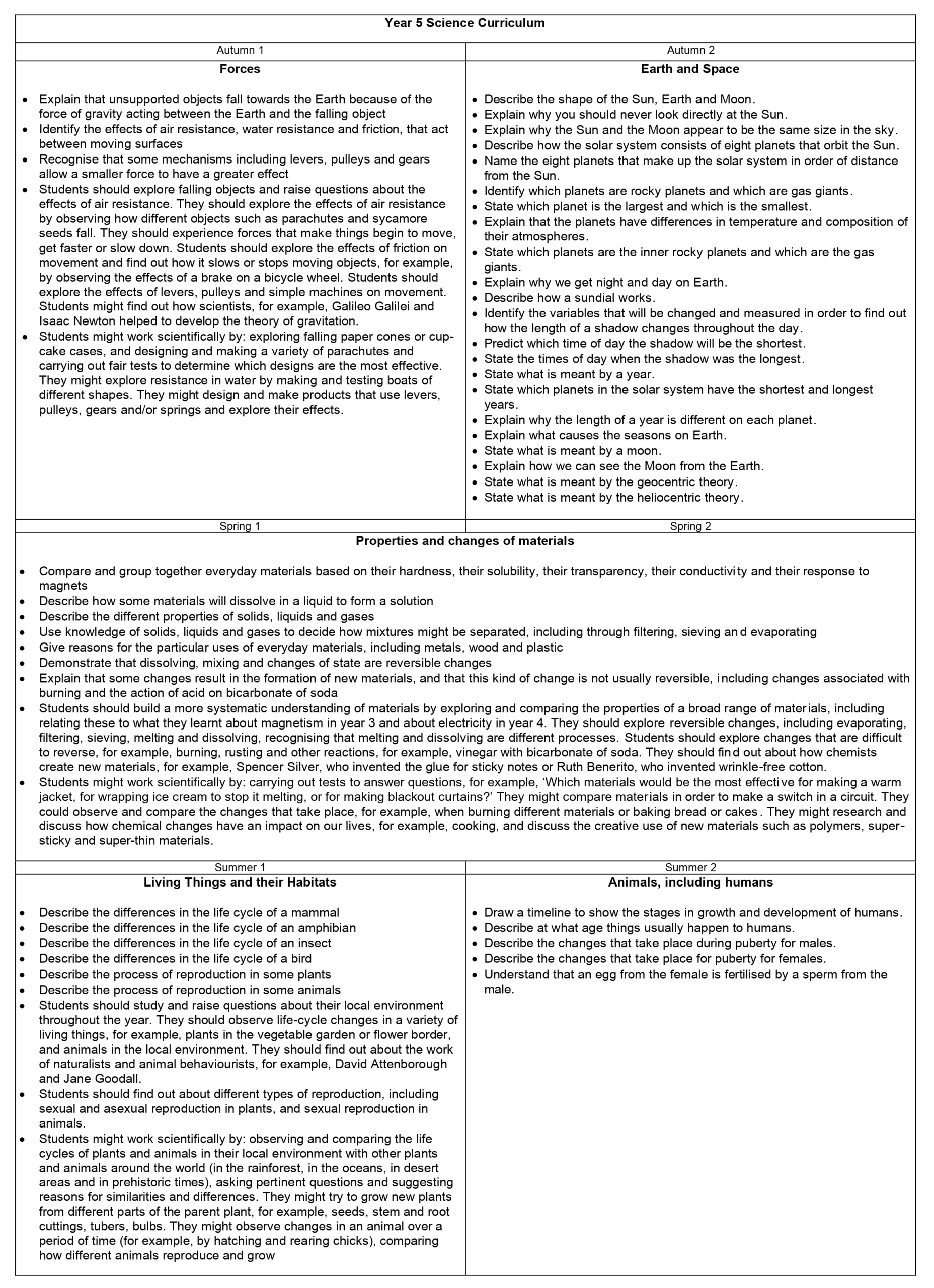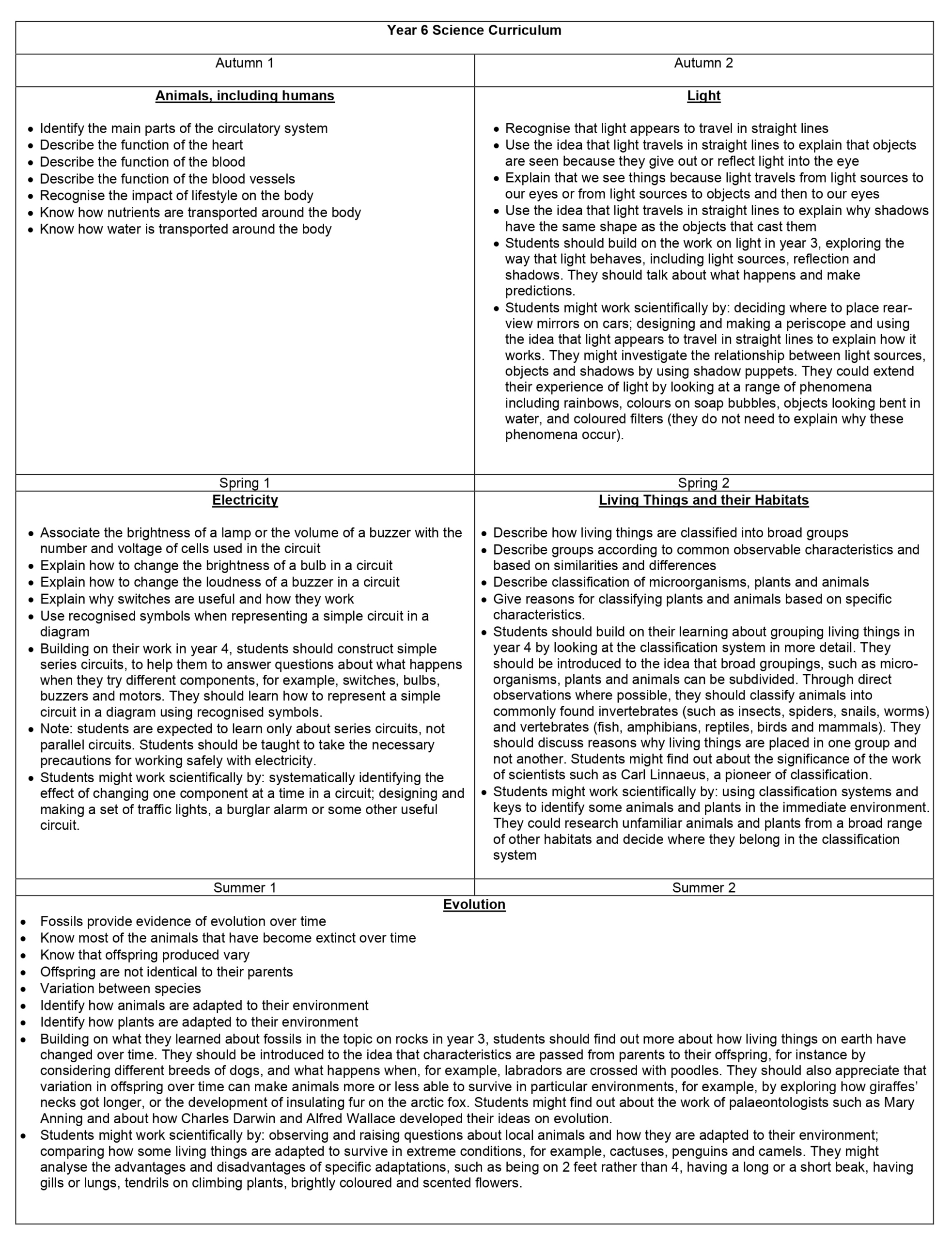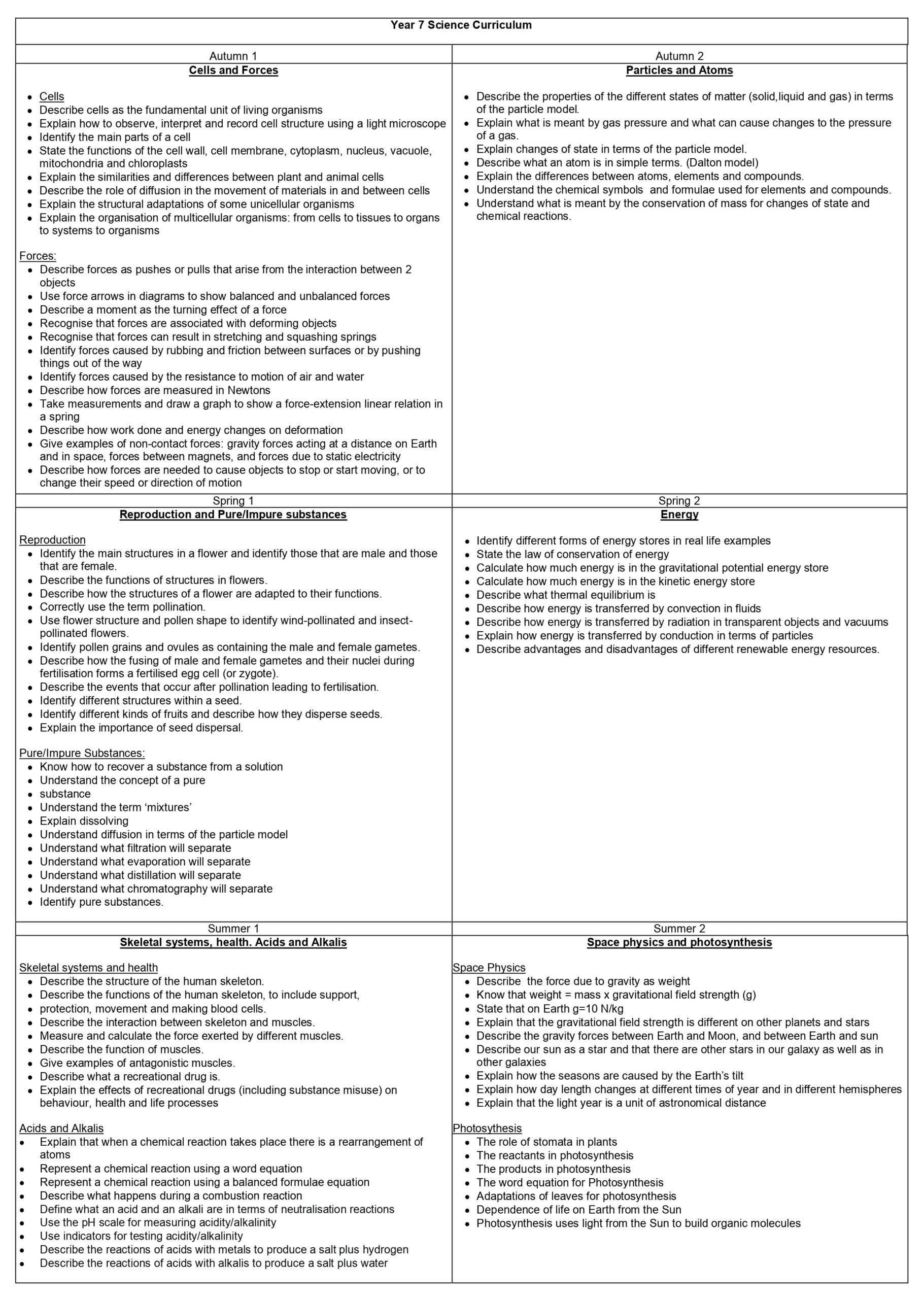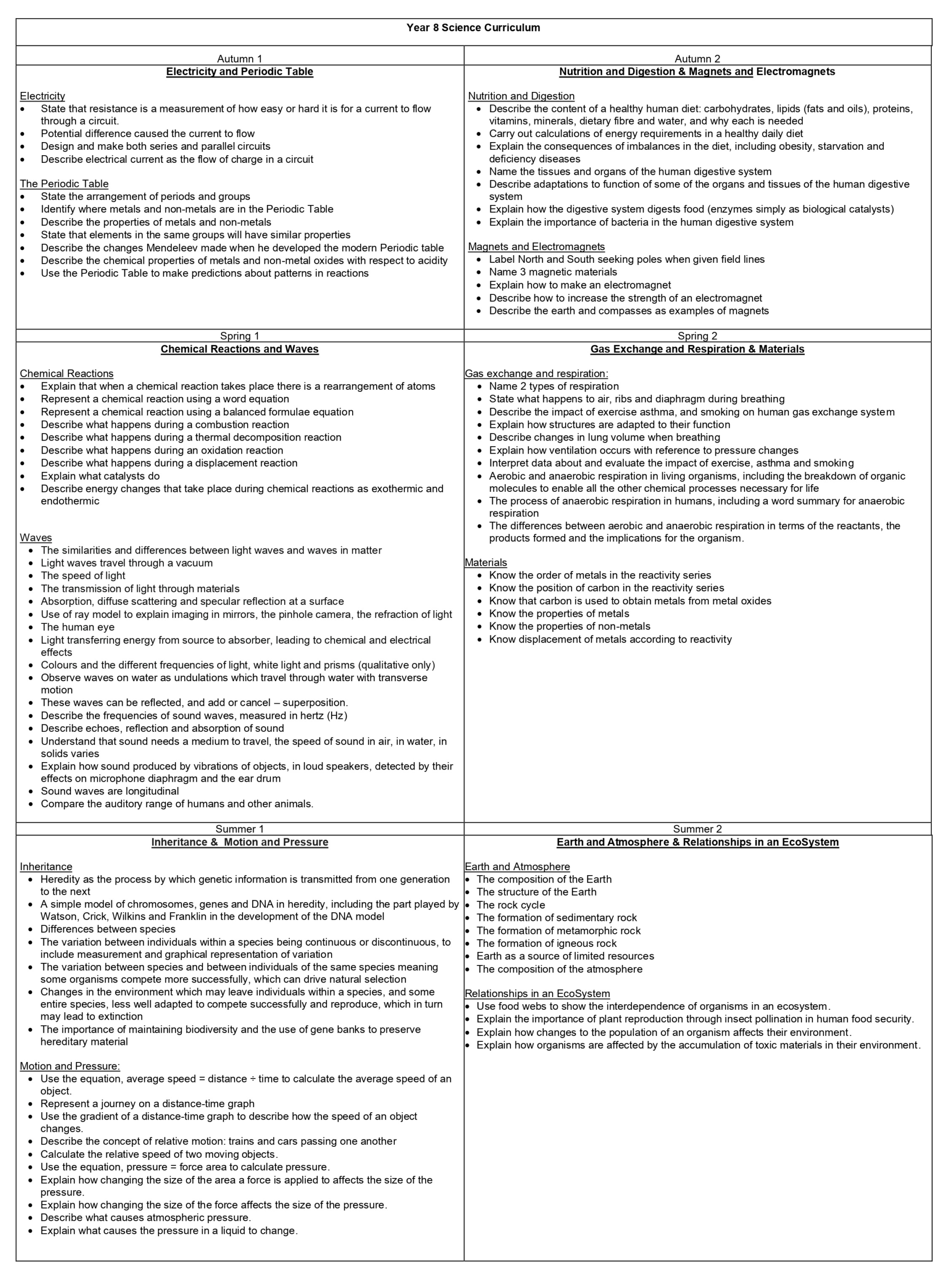Science
At Ralph Sadleir we believe learning Science is important because:
Curiosity and Inquiry: Students aged 9 – 13 are still naturally curious about the world around them. Teaching science encourages them to ask questions, make observations, and explore the natural phenomena, fostering a sense of inquiry and discovery.
Critical Thinking Skills: Learning science promotes critical thinking skills such as observation, analysis, inference, and evaluation of evidence. Students learn to think logically and systematically, which are essential skills for problem-solving in all areas of life.
Understanding of the Natural World: Science provides a framework for understanding the natural world, including concepts related to biology, chemistry and physics. Through hands-on experiments and investigations, students learn about the properties of matter, energy, forces, living organisms, ecosystems, and Earth processes.
Application of Knowledge: Science education emphasizes the application of knowledge to real-world situations. Students learn to apply scientific principles to solve practical problems, make informed decisions, and address global challenges such as climate change, pollution, and sustainability.
Preparation for Future Careers: Science knowledge is essential for success in many future careers, including those in STEM (Science, Technology, Engineering, and Mathematics) fields. By engaging with science at a young age, students develop foundational knowledge and skills that can prepare them for future educational and career opportunities.
Promotion of Innovation and Creativity: Science education fosters creativity and innovation by encouraging students to think outside the box, experiment with new ideas, and explore unconventional solutions to problems. It nurtures a culture of curiosity and exploration that is essential for scientific advancement and technological innovation.
Empowerment and Engagement: Learning science empowers students to become informed and engaged citizens who can critically evaluate scientific information. It cultivates a sense of responsibility towards the natural world and the broader community.


